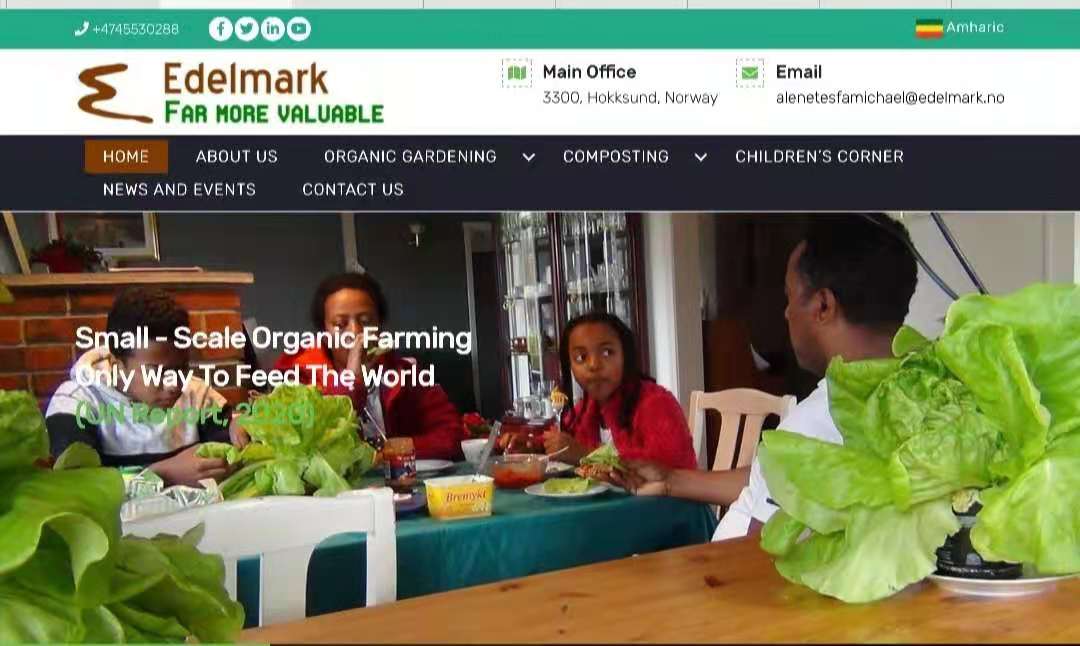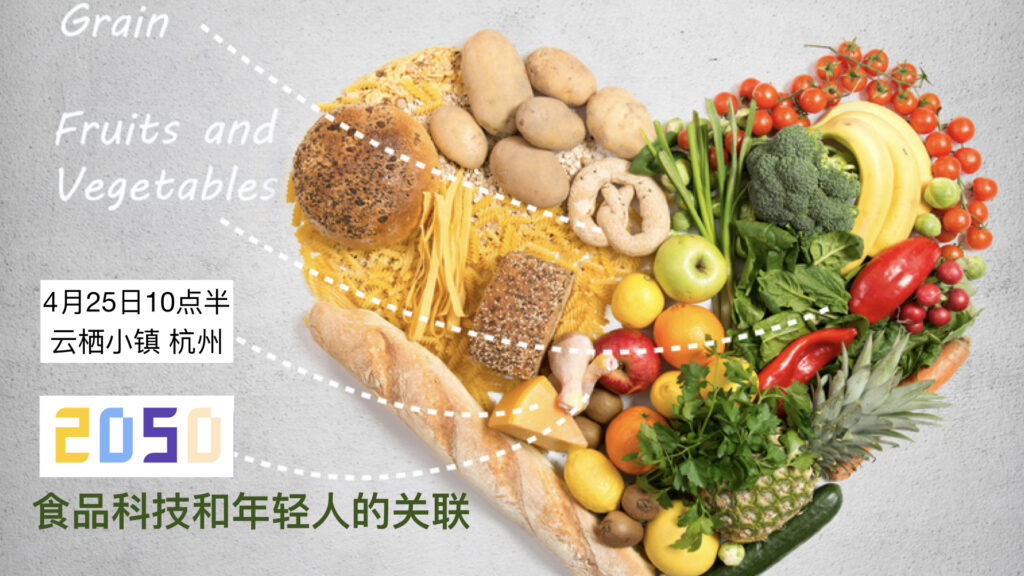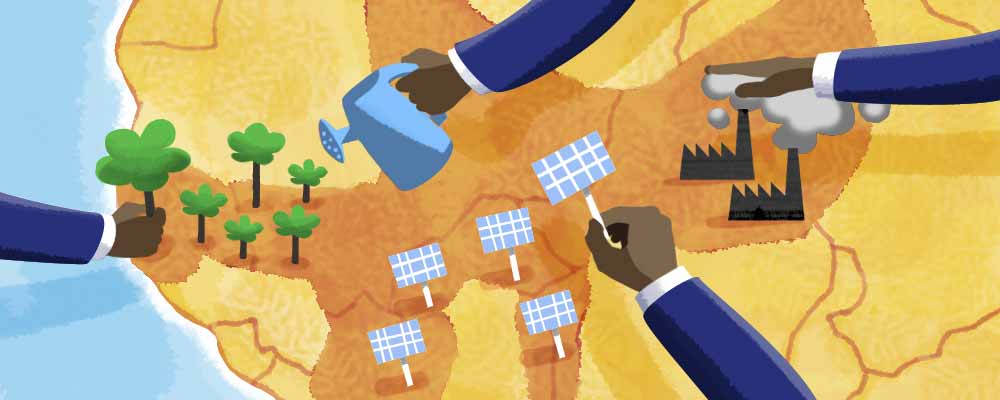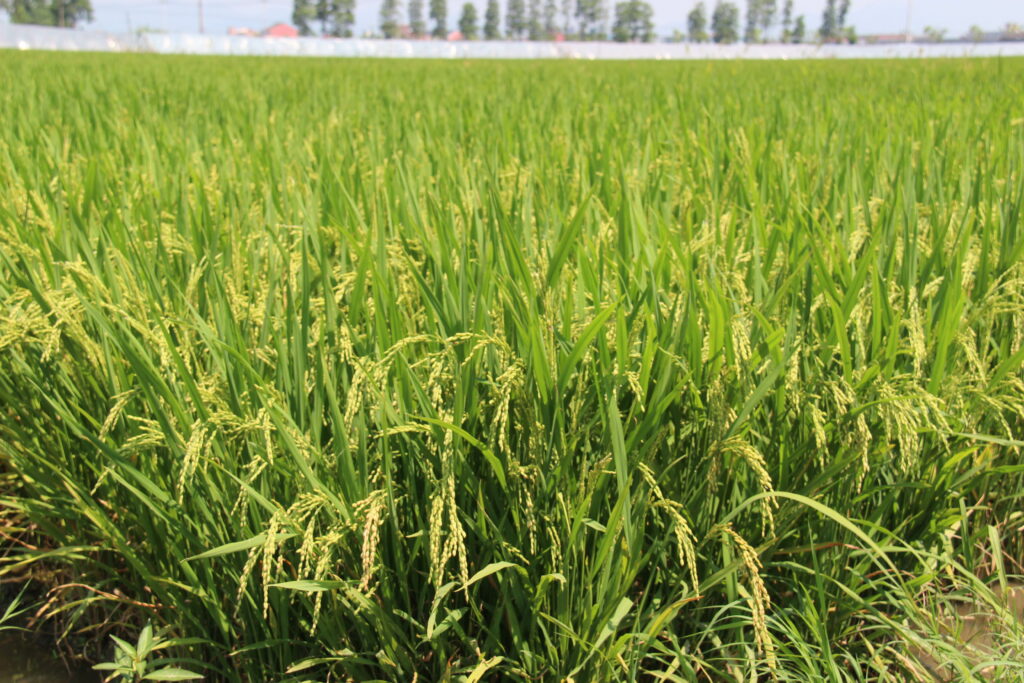Circular economy with its own sets of techniques, resource utilization and other aspects involves effective methods like composting, The disposal of organic waste is a problem and it has been documented that it is becoming a bigger environmental challenge than plastics are. It is now well known that food waste can be recycled as compost where the compost can be used for soil improvement and can make useful organic amendment that can be used for organic farming. A stable organic fertilizer made from organic waste using vermicomposting method can be the solution together with using food waste, as well as all garden waste, to establish a sustainable and environmentally friendly recycling system in horticulture and related sectors. It is well known that vermicompost gives increased and better yields due to a number of physical, chemical and biological properties. Special hormones and enzymes (from the earthworms digestive tract), as well as stimulated microorganisms provide increased yields and reduced incidence of disease on the plants. The session is mainly devoted to climate solutions through introduction and promotion of vermicomposting as a waste management method and therefore deals with resource recycling, hygiene and environmental health.

Alene Alemu Tesfamichael
"Summary of expertise: Has a combined knowledge and experiences; in current position as composting researcher and previous over all careers built on zero waste urban agriculture that integrated composting and crop production. Has excellent knowledge and experiences in development of efficient composting methods that are appropriate for organic waste management and urban agriculture. He is a founder and owner of Edelmark AS. Furthermore Since 2012, has worked as a composting researcher at Lindum AS, which is one of the largest organic waste management companies in Norway. Besides undertaking research and experiments on different themes of composting, has also published some of the results and participated in International conferences including International Earthworm Conference (2014) in North Carolina USA, International Symposium on Growing Media, Composting and Substrate Analysis at Vienna, Austria, International Earthworm Conference (2018) in Shanghai – China, and International Symposium on Growing Media, Composting and Substrate Analysis (2019) Milan, Italia Prior to the employment at Lindum in Norway, has worked in different academic, research, and managerial positions for more than two decades. These include Addet Agricultural Research Institute for about 7 years, as a lecturer and Department head at Bahir Dar University with different academic and leadership positions for three years. He has also worked as urban agriculture project manager for a development organization where different methods of household organic waste composting and vegetable gardening were integrated. Publications (Scientific journals) - A.A. Tesfamichael, K. Stoknes (2015). Substitution of peat with vermicompost from food waste digestate and green waste compost. Acta Hortic. 1168. ISHS 2017. DOI 10.17660/ActaHortic.2017.1168.51 Proc. Int. Symp. On Growing Media, Composting and Substrate Analysis Eds.: - 2. K. Stoknes, E. Wojciechowska, A. Jasińska, A. Gulliksen and A.A. Tesfamichael (2018). Growing vegetables in the circular economy; cultivation of tomatoes on green waste compost and food waste digestate. Acta Hortic. 1215. ISHS 2018. DOI 10.17660/ActaHortic.2018.1215.71 Proc. Int. Symp. on Greener Cities for More Efficient Ecosystem Services in a Climate Changing World Eds.: G. Pennisi et al. - 3. Jens B. Anne Alene T. Alemu Kamala P. Gautam (2004). Carbon Sequestration in Rural Communities: Is It Worth the Effort? Journal of Sustainable Forestry Volume 21, 2004 - Issue 1"




